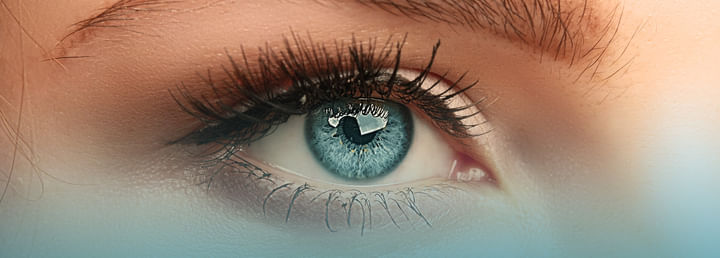Diabetes - Why It Is The Worst Disease For Your Eyes?
If you are diabetic then it is important that you visit your Ophthalmologist for regular Retinal check-ups. Even if you no eye sight problem at all Diabetes is known to be one of main causes for blindness in this modern times. If you suffer from bouts of blurred vision then it can be as simple as fluctuating blood sugar levels in the body. Hence, don't make new glasses if your blood glucose is high or fluctuating. Wait till about 3 to 4 weeks after it reaches stable levels.
How diabetes affects your eyes?
The lens of your eyes can swell in diabetes, and this blurs your vision.
What are the serous problems that are caused by diabetes?
Cataract: Cataract occurs when the lens of the eye become foggy. Although cataract mostly occurs in people who are above fifty, one can get this at an earlier age in diabetics. It progresses at a much faster rate than usual in diabetics. Cataracts also makes retinal assessment more difficult for your Retinal surgeon. Once the diabetes is under control, diabetics can comfortably undergo modern cataract surgery. Healing will be as good as in normals, and visual recovery will be excellent if there is no Retinopathy. The modern topical Phacosurgery and IOL implantation can be performed with a hospital daycare stay of only few hours, and almost all the activities can be resumed on the very next day. There is no need to stop blood thinners.
Glaucoma: This is another disease that can silently cause blindness in diabetes. Due to the non draining of fluids from the eye, the intra ocular pressure goes up, and this causes damage to the delicate Optic nerve of the eye. The vision remains spuriously good till the end stages. Hence annual eye pressure check up is mandatory in Glaucoma. Glaucoma tends to run in families. If Glaucoma is diagnosed or suspected, OCT of optic nerves and Ganglion cell layer and Visual fields are periodically performed to assess the possible worsening. Once damaged, the ganglion cells and the optic nerve cannot be rejuvenated. So prevention is the main stay of treating this disease. Usually eye drops will be prescribed, which should be used strictly as per advise. Sometimes a surgery is advised.
Diabetic Retinopathy: is a progressive damage to the fine vessels and to the nourishment of the retina. It can occur in either type 2 or type 1 diabetes. Till end stages of the illness, there may not be any symptoms, and vision will remain good! There are two major types, Macular where fluid accumulates in the central retina, and Proliferative, where retinal ischemia sets in causing vaso proliferation, which cause bleeding inside teh eye. If not treated in early stages, both of them can lead to blindness. Retinal LASERS, Anti VEGF injections and vitreo retinal surgery are the common approaches, depending on the seriousness. There has been tremendous improvement in the surgical techniques in advanced cases.
If you have of diabetes or even borderline diabetic tendencies, it is advisable to periodically check your blood sugar levels, Hemoglobin, Creatinine, Blood pressure & Lipid levels and also get your eyes checked at regular intervals. It is recommended that you need a pupil dilated vitreo retinal assessment as soon as you are diagnosed to have diabetes, and follow up once an year. If you already has Diabetics retinopathy, you may be asked to review once in 3 to 6 months.



+1.svg)
